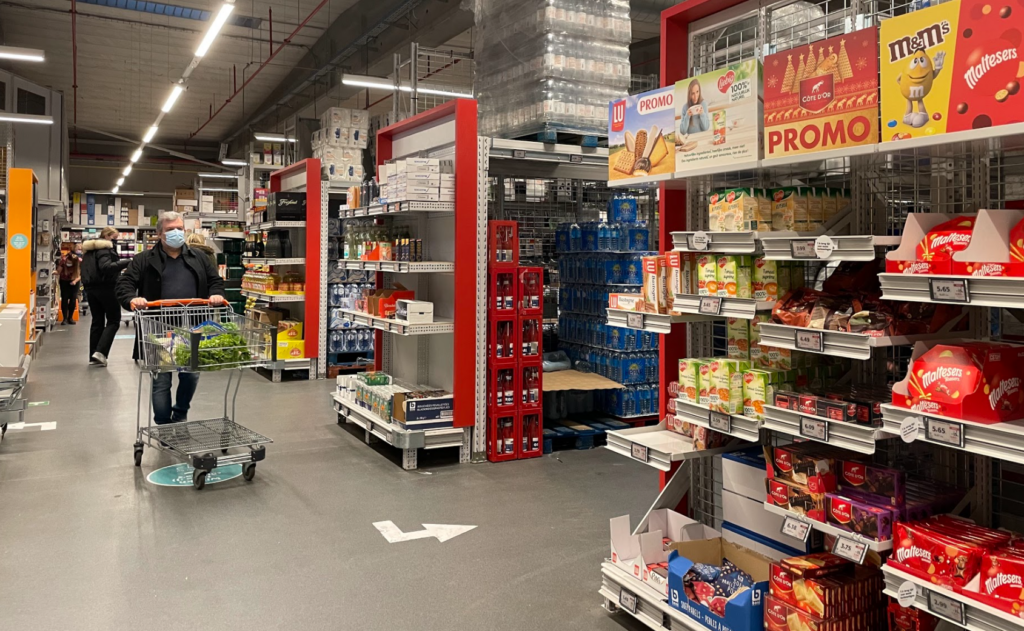German organisations are calling on the government to abolish VAT on basic food items, such as vegetables, in order to keep food affordable for consumers.
Such a measure is possible as of 5 April due to new European regulations allowing the elimination of VAT on food products.
German consumers, like Belgian ones, have been struggling with rising prices in the grocery stores that come on top of record-breaking energy costs.
The overall VAT in Belgium is currently 21%, with certain food items given a reduced VAT of 12% or 6%.
Looking to lower costs for struggling consumers
Leading the call for a 0% VAT on basic food items in Germany are the German Federation of Consumer Organisations (VZBV) and charity organisation VdK.
VdK president Verena Bentele says high inflation is forcing more and more people to go beyond their financial limits, and that people on low incomes are increasingly forced to choose between paying their energy bills or buying food.
Related News
- Government launches task force to avoid empty shelves in supermarkets
- Price of chicken and pork in grocery stores rising sharply
- Food inflation hits highest levels since 1983 at 4.63%
“VdK therefore calls for a drastic reduction in VAT on basic food items, to 0%,” the organisation said. “The federal government should make full use of this opportunity, which is now available to all EU member states."
EU rules require all Member States to have uniform VAT rates with a regular rate of at least 15% and a reduced rate of at least 5%. Since 5 April, Member States have been able to exempt food from VAT specifically because of rising food prices.
Farmers need to pass on increased production costs
Prices in grocery stores have risen across the EU since Russia invaded Ukraine two months ago. According to the German Statistical Office, food in Germany was on average 6.2% more expensive in March 2022 than a year earlier.
Joachim Rukwied, president of the German Farmers' Union (DBV), expects food prices to remain high for the time being due to increased costs for the agricultural sector.
“Farmers have to pass on these costs,” Rukwied said in an interview with the German trade journal TopAgrar. “Nitrogen fertiliser, for example, costs about four times as much as last year and labour costs have also risen."

